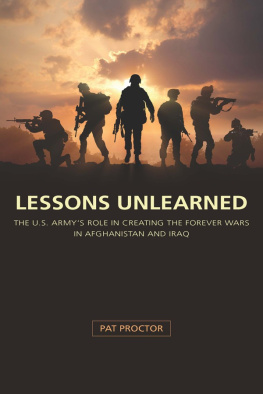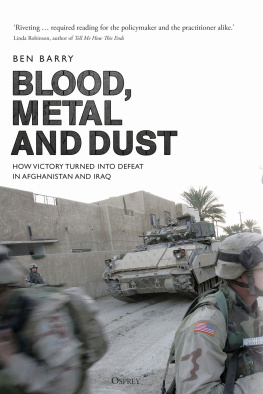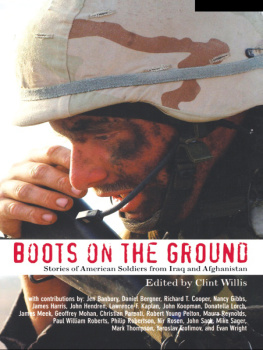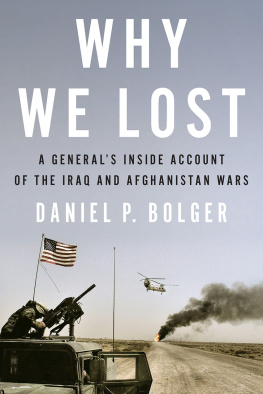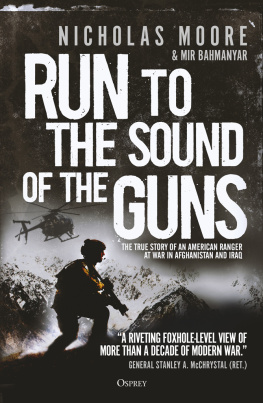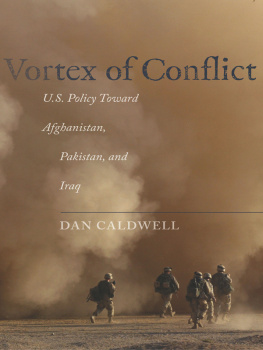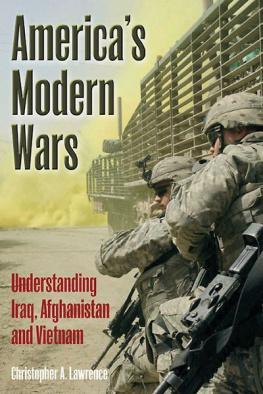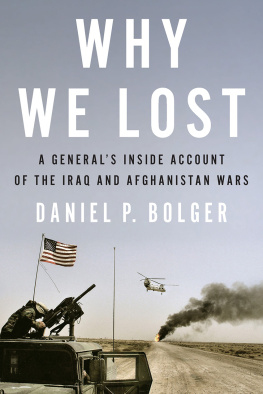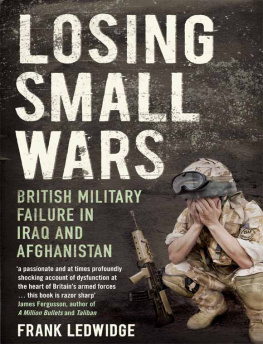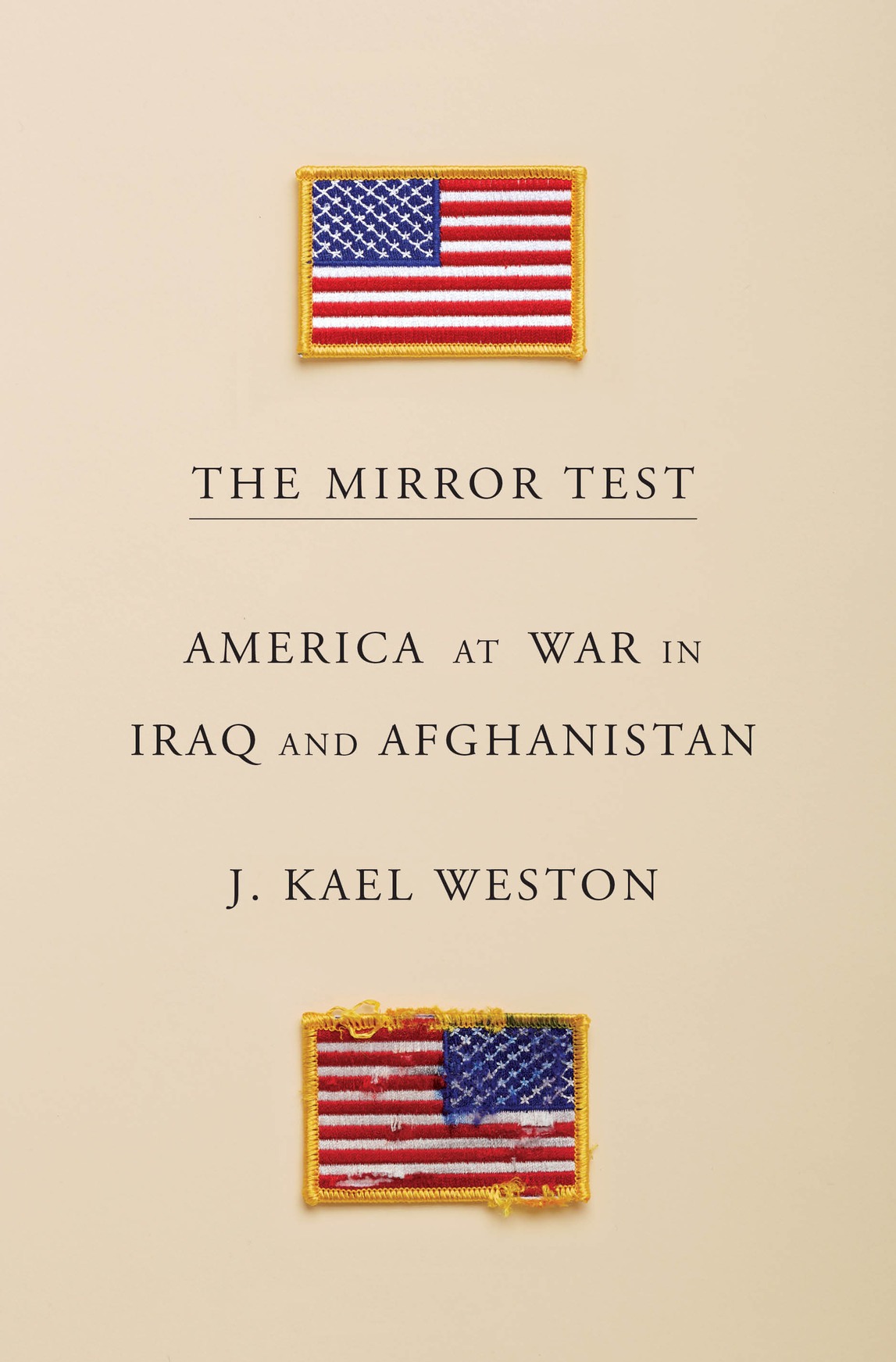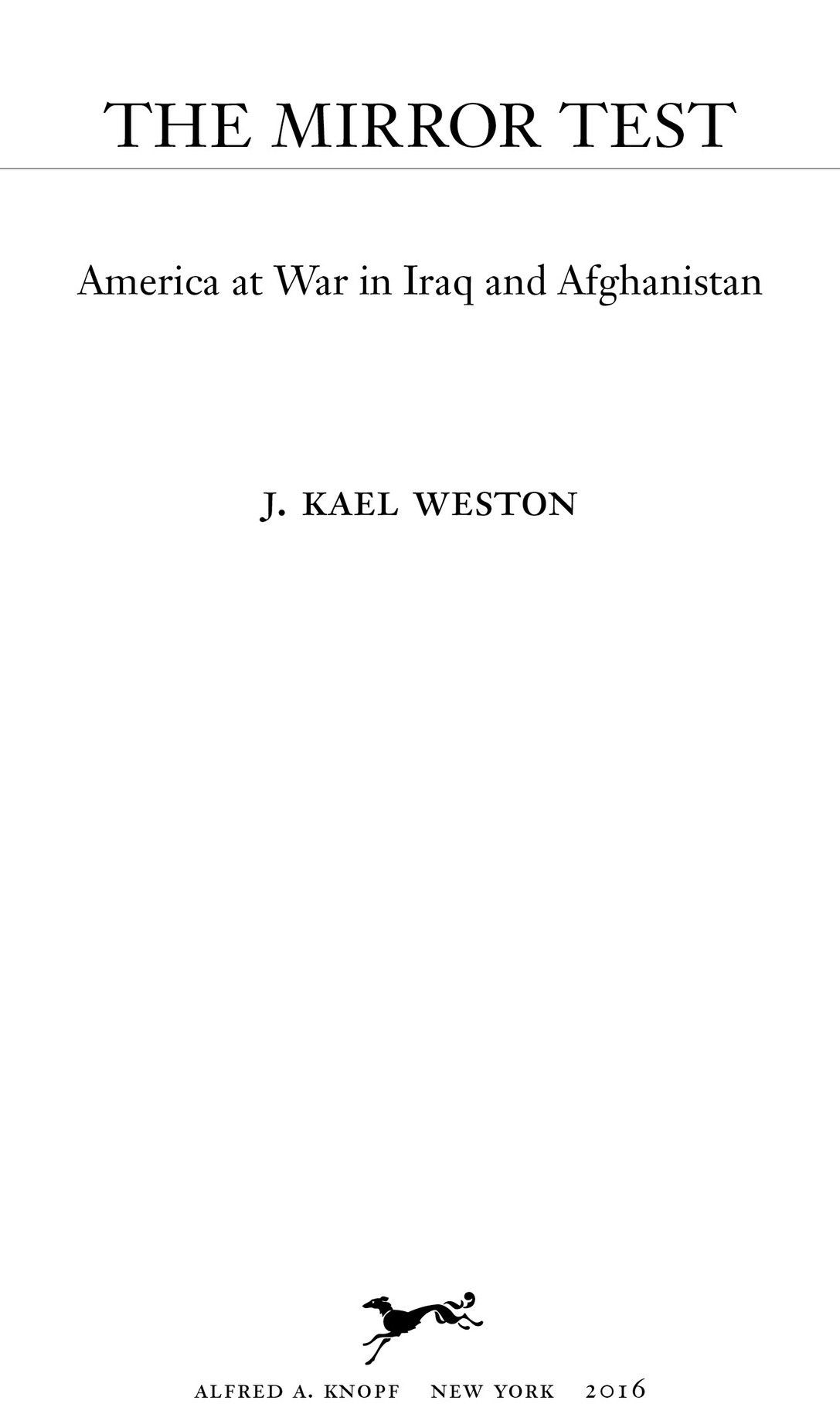THIS IS A BORZOI BOOK
PUBLISHED BY ALFRED A. KNOPF
Copyright 2016 by John Kael Weston
All rights reserved. Published in the United States by Alfred A. Knopf, a division of Penguin Random House LLC, New York, and distributed in Canada by Random House of Canada, a division of Penguin Random House Canada Limited, Toronto.
www.aaknopf.com
Knopf, Borzoi Books, and the colophon are registered trademarks of Penguin Random House LLC.
Grateful acknowledgment is made to the following for permission to reprint previously published material: Richmond Times-Dispatch: Excerpt from Those Who Know Vietnam Hero Still Pondering His Whereabouts, published in Richmond Times-Dispatch (May 15, 2000). Reprinted by permission of Richmond Times-Dispatch. Rodale: Excerpt from What is a Father? The Hero Figure by Aaron Mankin, published in Best Life (June 2007). Copyright 2015 by Rodale. Reprinted by permission of Rodale, via Wrights Media.
All photos are courtesy of the author, with the exception of the following: UCLA Operation Mend photos by Michelle Van Vliet, courtesy of the UCLA Division of Plastic & Reconstructive Surgery; photo of Waleed and Colin McNease, courtesy of Colin McNease; and three photos from the U.S. Department of Defense (www.defense.gov).
Library of Congress Cataloging-in-Publication Data
Names: Weston, J. Kael, author.
Title: The mirror test : America at war in Iraq and Afghanistan / by J. Kael Weston.
Description: First edition. | New York : Alfred A. Knopf, 2016. | A Borzoi Book.
Identifiers: LCCN 2015047993 (print) | LCCN 2016011224 (ebook) | ISBN 9780385351126 (hardcover) | ISBN 9780385351133 (ebook)
Subjects: LCSH : Iraq War, 20032011. | Afghan War, 2001 | Iraq War, 20032011Personal narratives, American. | Afghan War, 2001Personal narratives, American. | Weston, J. Kael. | United States. Department of StateOfficials and employeesBiography.
Classification: LCC DS 79.76 W 464 2016 (print) | LCC DS 79.76 (ebook) | DDC 956.7044/345092dc23
LC record available at http://lccn.loc.gov/2015047993
ebook ISBN9780385351133
Cover design by Oliver Munday
Cover photograph George Baier IV
Maps by Mapping Specialists
v4.1_r2
ep+a
Contents
In gratitude to my twin brother, Kyle, the first and last editor. And to my parents, Brad and Linda, and the whole Weston family, who welcomed me back home to the white peaks and red canyons and Orion skies of the American West after a long time away.
And to Lieutenant General Larry Nicholson, WIA, a leader in both wars.
In memory of Abbas, Hamza, Najm, Kamal, Khudairi, Sami, Ibraheem, Qadir, Fassal, Jamal, Ryan, Nick, Trevor, Rick, Bill, RCH, and each of the 31 Angels, among so many, many others.
*
For all who do in times of war, including U.S. Army medic PFC Thomas (Tommie) L. Cole.
For all the teachers and students, over there and over here.
And especially for all the Iraqis, Afghans, and U.S. Marines along the way and through the years.
No better friends. No greater sacrifice.
This book is not about heroes.Nor is it about deeds, or lands, nor anything about glory, honour, might, majesty, dominion, or power, except War. Above all I am not concerned with Poetry. My subject is War, and the pity of War. The Poetry is in the pity.
WILFRED OWEN
The War Goes On
Life MAGAZINE COVER, FEBRUARY 11, 1966
The Last of the Light Brigade
There were thirty million English who talked of Englands might,
There were twenty broken troopers who lacked a bed for the night.
They had neither food nor money, they had neither service nor trade;
They were only shiftless soldiers, the last of the Light Brigade.
They felt that life was fleeting; they knew not that art was long,
That though they were dying of famine, they lived in deathless song.
They asked for a little money to keep the wolf from the door;
And the thirty million English sent twenty pounds and four!
They laid their heads together that were scarred and lined and grey;
Keen were the Russian sabres, but want was keener than they;
And an old Troop-Sergeant muttered, Let us go to the man who writes
The things on Balaclava the kiddies at school recites.
They went without bands or colours, a regiment ten-file strong,
To look for the Master-singer who had crowned them all in his song;
And, waiting his servants order, by the garden gate they stayed,
A desolate little cluster, the last of the Light Brigade.
They strove to stand to attention, to straighten the toil-bowed back;
They drilled on an empty stomach, the loose-knit files fell slack;
With stooping of weary shoulders, in garments tattered and frayed,
They shambled into his presence, the last of the Light Brigade.
The old Troop-Sergeant was spokesman, and Beggin your pardon, he said,
You wrote o the Light Brigade, sir. Heres all that isnt dead.
An its all come true what you wrote, sir, regardin the mouth of hell;
For were all of us nigh to the workhouse, an we thought wed call an tell.
No, thank you, we dont want food, sir; but couldnt you take an write
A sort of to be continued and see next page o the fight?
We think that someone has blundered, an couldnt you tell em how?
You wrote we were heroes once, sir. Please, write we are starving now.
The poor little army departed, limping and lean and forlorn.
And the heart of the Master-singer grew hot with the scorn of scorn.
And he wrote for them wonderful verses that swept the land like flame,
Till the fatted souls of the English were scourged with the thing called Shame.
O thirty million English that babble of Englands might,
Behold there are twenty heroes who lack their food to-night;
Our childrens children are lisping to honour the charge they made
And we leave to the streets and the workhouse the charge of the Light Brigade!
RUDYARD KIPLING, 1890
In 1915, Rudyard Kiplings only son, Second Lieutenant John Kipling, was killed in France during World War I at age eighteen.
I just ask Americans to stop and pause after they make their first stare.
RONNY TONY PORTA, U.S. MARINE, WIA
ANBAR PROVINCE, IRAQ, 2007
Preface
I first met Marine Corporal Aaron Mankin in Fallujah in early 2005, just before he lost most of his face in the Iraq War. The State Department had assigned me the prior summer to be the political adviser to the three-star Marine commanding general based there and to oversee the U.S. governments strategy in the city and Anbar province. Aaron, a native of Rogers, Arkansas (home to the first Wal-Mart Discount City store, which opened in 1962), professional in bearing, with cobalt eyes, square jaw, high-and-tight haircut, showed maturity and possessed an eloquence that belied his youthful age.
A few months later, Aaron and a unit of Marines were traveling in a convoy when one of the largest roadside bombs to date detonatedan explosion killing four, wounding eleven, and disfiguring Aaron in an instant. His bones cracked and skin scorched. Ears, nose, and mouth ravaged. Only Aarons eyes were left unchanged, shielded by protective goggles as fire roared through his vehicles cramped rear compartment and ignited the Marines grenades, bullets, and flares. The blast lifted the twenty-six-ton transport vehicle nearly a dozen feet into the air, leaving a deep crater below. Aaron suffered severe burns to a quarter of his body, lost his right thumb and index finger. Doctors placed him on a ventilator in the intensive care unit at San Antonios Military Medical Center. Ultimately, he underwent over sixty surgeries to reconstruct his face and help heal his wounded body.


